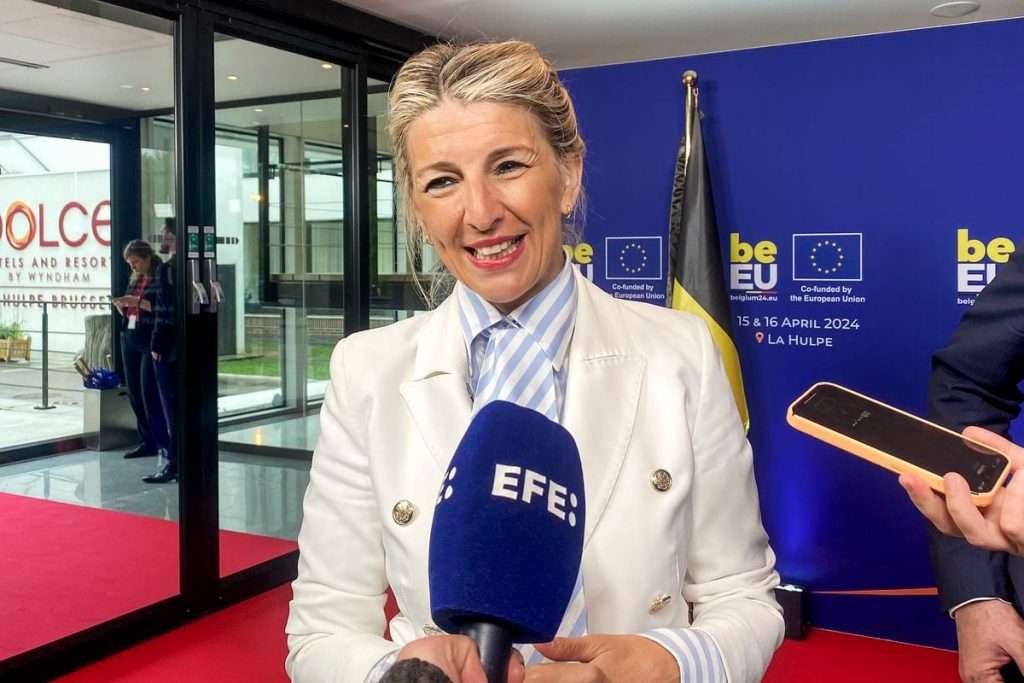The increase in defense spending is causing tensions within the Government coalition, as Sumar has made it clear that they do not support Pedro Sánchez’s decision to significantly increase defense spending to reach 2% of GDP as demanded by NATO. Despite not being able to vote on these decisions in Parliament, Sumar has found a way to express their opposition to these increases in arms spending by offering detailed observations on the latest defense spending proposal. Sumar believes that the current focus on armaments is too high, as the NATO recommendation is to spend 20% on arms and the rest on personnel or technology, while Spain already spends 28% on armaments.
In a recent meeting on defense spending, Sumar’s representative pointed out the urgency and size of the proposed increase in spending on armaments, which the group believes distorts the real defense spending and does not align with the government’s foreign policy objectives. Sumar also criticized the lack of diversity in the arguments presented for the spending increase, as well as the perceived encroachment on the competencies of the Ministry of Labor. While these objections were raised during the preparation phase, they did not reach the Council of Ministers for discussion, leading to a formal expression of Sumar’s rejection of the proposed defense spending in armaments.
In 2022, during the preparation of the 2023 Budget, there was a significant disagreement within the coalition regarding defense policy and NATO, resulting in a tense Council of Ministers meeting in July of that year. Ultimately, the coalition decided to remove the large increase in defense spending from the Budget and address it through extraordinary measures, as Unidas Podemos threatened to vote against it. Despite this tension, the coalition moved forward with the defense spending increase, with Minister of Defense Margarita Robles strongly advocating for it as an investment in peace in response to conflicts in Ukraine and Gaza.
Minister Robles, echoing Prime Minister Sanchez’s recent statements, emphasized the importance of increasing defense spending to ensure peace in a global context marked by conflicts. Robles argued that investing in defense is essential for promoting peace, despite criticisms from Sumar and others who believe that too much focus on armaments could be detrimental to Spain’s overall defense strategy and international relations. This ongoing debate over defense spending reflects broader tensions within the Government coalition, particularly as elections approach in various regions.
While Sumar and the Ministry of Defense hold opposing views on defense spending, the Government coalition must navigate these differences to ensure cohesion and stability. The upcoming elections in the Basque Country, Catalonia, and Europe add an additional layer of complexity to the debate over defense policy, as parties seek to define their positions on security and international relations. The future direction of defense spending in Spain will continue to be a contentious issue, requiring a delicate balance between national security interests and budgetary constraints, as well as the need to address evolving threats and conflicts in the international arena.


